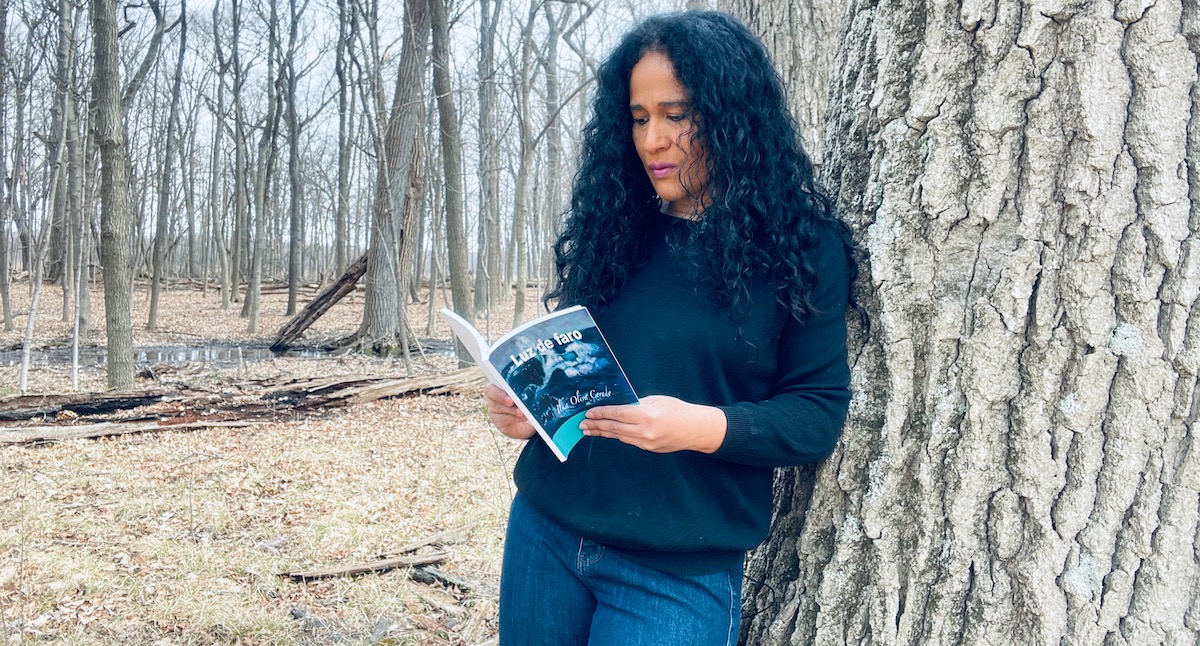Translated by Katrina Hassan
He wakes up, prepares the coffee and opens a small window in his room. Instantly the cold autumnal air enters the room and it chills his bones. He never thought October could be so cold. His native town of Cabañas, Zacapa in Guatemala is an oven year round.
Lindomar has homesickness seeping from his pores. He misses his land and his family with all his might. He has only been in the United States for one year. The wound is still fresh. He has wept every day and every night. He never thought being homesick could make you cry so much. He didn’t think melancholy could feel like a wound that was impossible to heal.
His twin boys will graduate from high school and he will not be there. He always dreamt of being there since he didn’t finish elementary school. He feels guilty, like the majority of migrants that leave their families behind. His guilt is magnified because his twins live alone in a rented house. Their mother died giving birth to them. The neighbours keep an eye on the kids and give him updates. His anguish grows when night falls because his kids are sleeping alone. He worries about his daughter the most, she has just hit puberty. He worries because of all the evil in the world.
He blames himself for not being there everyday. He can’t see them grow up. He can’t make them breakfast or help with their homework. He can’t take them out to eat ice cream. This is the first year he didn’t put the book covers on their school books. If he didn’t migrate, he wouldn’t be able to be able to send them to high school much less university. Lindomar doesn’t want his kids to end up cutting limes in the nearby farms like he did all his life. He would not be able to raise them with the wages of a farm worker. This is why he has migrated. He wants them to have an education.
This past year that he’s been far from home, Lindomar has learned all the corridos and other Northern Mexican songs that his coworkers always have on. These songs evoke a lot of singing with his Mexican coworkers. They drink themselves to sleep in order to forget, even if it is for just a few hours. Lindomar also does this. He has sung and cried with all his might, embracing memories and nostalgia. In the United States, Lindomar has noticed that no man is immune to the pain that sadness brings. No matter how strong, robust tough, and macho that these men appear, they always end up breaking thanks to the diaspora’s wound. They fall like a sack of potatoes when their soul’s vulnerability makes them weep like babies.
Lindomar charges his phone. He is going to video call his kids at mid morning so he can watch their graduation. He had asked his boss for permission since the week before. Lindomar’s boss only allowed half an hour for his video call. The boss claimed the team is behind building the foundation for the house that they are working on. He has sent his kids a surprise by special delivery. A computer and a tablet for each one of them.
Lindomar doesn’t even know how those things even switch on. He also doesn’t know that no matter how much material things you send your kids, it won’t cure the wound of absence. The wound that thousand suffer from being separated by migrating by force. He also doesn’t know that his journey as a migrant has just started. There will be decades that await. His eyes and hair will be showered in snow from years in the diaspora, like the old migrants he comes across. Migrants whom life has turned them into grandparents in their absence.
If you share this text in another website and/or social media, please cite the original source and URL: https://cronicasdeunainquilina.com
Ilka Oliva-Corado @ilkaolivacorado






